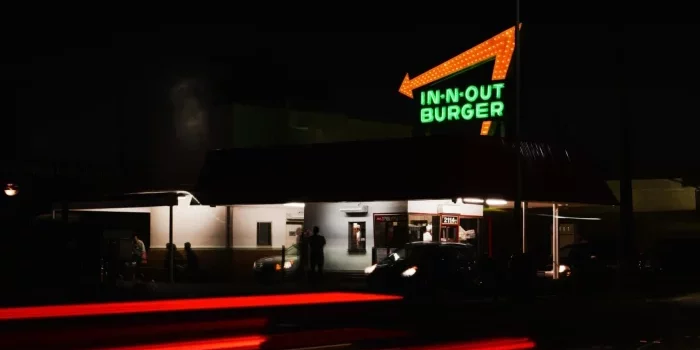(Matthew Doarnberger, Headline USA) Fast-food restaurants across California have decreased their hiring of workers as part of the fallout from the state’s $20-an-hour minimum-wage law that took effect April 1.
After Gov. Gavin Newsom signed the legislation into law last September, which applied to nearly all fast-food chains (with a special carve-out for Panera, to benefit his friend and donor Greg Flynn) companies braced for impact by eliminating an estimated 9,500 jobs total from September 2023 to January 2024.
The loss of workers represented a 1.3% decline from when the minimum wage increase was signed into law. In contrast, private employment in California declined just 0.2% during the same period.
One of the things that the fast-food industry was undertaking in order to avoid having to pay workers this elevated wage was to install automation—specifically self-serve kiosks, into their locations.
Businessman Harshraj Ghai, who owns a total of 180 Burger King, Taco Bell and Popeye’s restaurants in California, told Business Insider that
“We can’t move fast enough on this. We have kiosks in probably about 25% of our restaurants today. However, the other 75% are going to have kiosks in the next probably 30 to 60 days.”
In addition to the reduction in employment, fast-food prices have risen in the Golden State since the new law took effect.
During the month of April, Wendy’s, Chipotle and Starbucks saw a 7-8% increase to their prices. No state currently has higher costs for fast food.
Despite the rising overhead, McDonald’s franchisee Scott Rodrick said there was a limit on how much restaurants could pass on to the customers before they begin losing business.
“I can’t charge $20 for Happy Meals,” he said. “I’m leaving no stones unturned.”
In response, the California Restaurant Association said the results shouldn’t be surprising.
“Since it took effect, job losses, reduced working hours, restaurant closures and higher prices for California’s inflation-weary consumers have been ongoing.”

